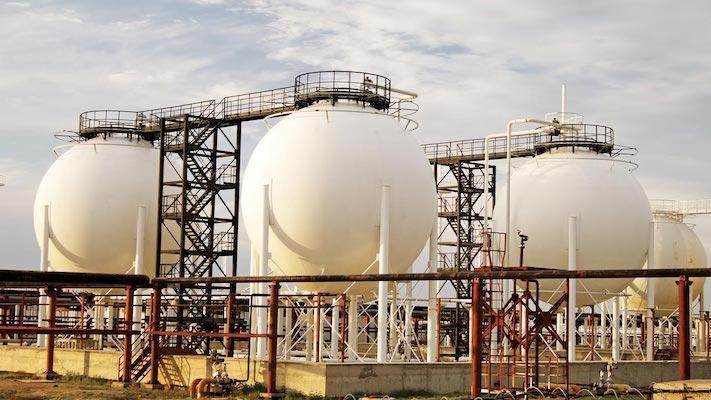The Federal Government said it has paid $120 million out of the $1.3 billion owed Gas Suppliers in the country.
Director, Decade of Gas Secretariat, Mr Ed. Ubong, made this known on Thursday at the 7th Edition of the Nigeria International Energy Summit (NIES 2024).
He revealed that the arrears gas producers were owed as at 2023 was about $1.3 billion but between October and the end of January 2024, the government had paid over $120 million.
The director said the government was working on a framework that could liquidate the balance of the arrears.
“That’s a piece of work that is ongoing and we hope that it will be approved, and then the industry can move away from those issues,” he said.
Ubong called on all the critical stakeholders in the oil and gas industry to assist the government in its quest to reposition the sector and the country to achieve economic prosperity.
“Sitting at the back of the earth is about 300 million to 600 million scuff of gas which can become available once the OB3 gas pipeline is completed.
“Once OB3 is completed, over 600 million scuff of gas will become available on the network feeding into the Ajeokuta-Kaduna-Kano (AKK) Gas Pipeline.
“We must build a gas capacity. The engineers, the technicians that will work in this new gas sector that we are looking at for the next eight months.
“And at the Secretariat, we are committed to that. We are looking for interns, we are looking for young people who are willing to join us and then provide their time and energy supporting bigger goals of the sector,” he added
President, Nigerian Gas Association (NGA), Akachukwu Nwokedi, decried the multiple taxation and levies as well as existing policy regulations which were affecting the cost of doing business.
“These have to stop and the approach needs to be harmonised and streamlined to enable businesses and encourage investment.
“We can also learn from countries like Australia and others that are very deliberate in implementing friendly policies. We need policies that will enhance Foreign Direct Investment in the gas space,” he said.
He described the Petroleum Industry Act (PIA) as a good legislative tool responsible for some positive steps in the sector.
Recall, in January 2024, the Transmission Company of Nigeria (TCN) had blamed the low power generation and distribution experienced in the country on gas constraints.
TCN explained that shortage of gas supply to the thermal generating companies impacted the transmission grid for onward transmission to the distribution load centres nationwide.
The summit, which has its theme, “Navigating the New Energy World Order: Security, Transition, and Finance,” started Feb. 26 and runs until March 1.









